
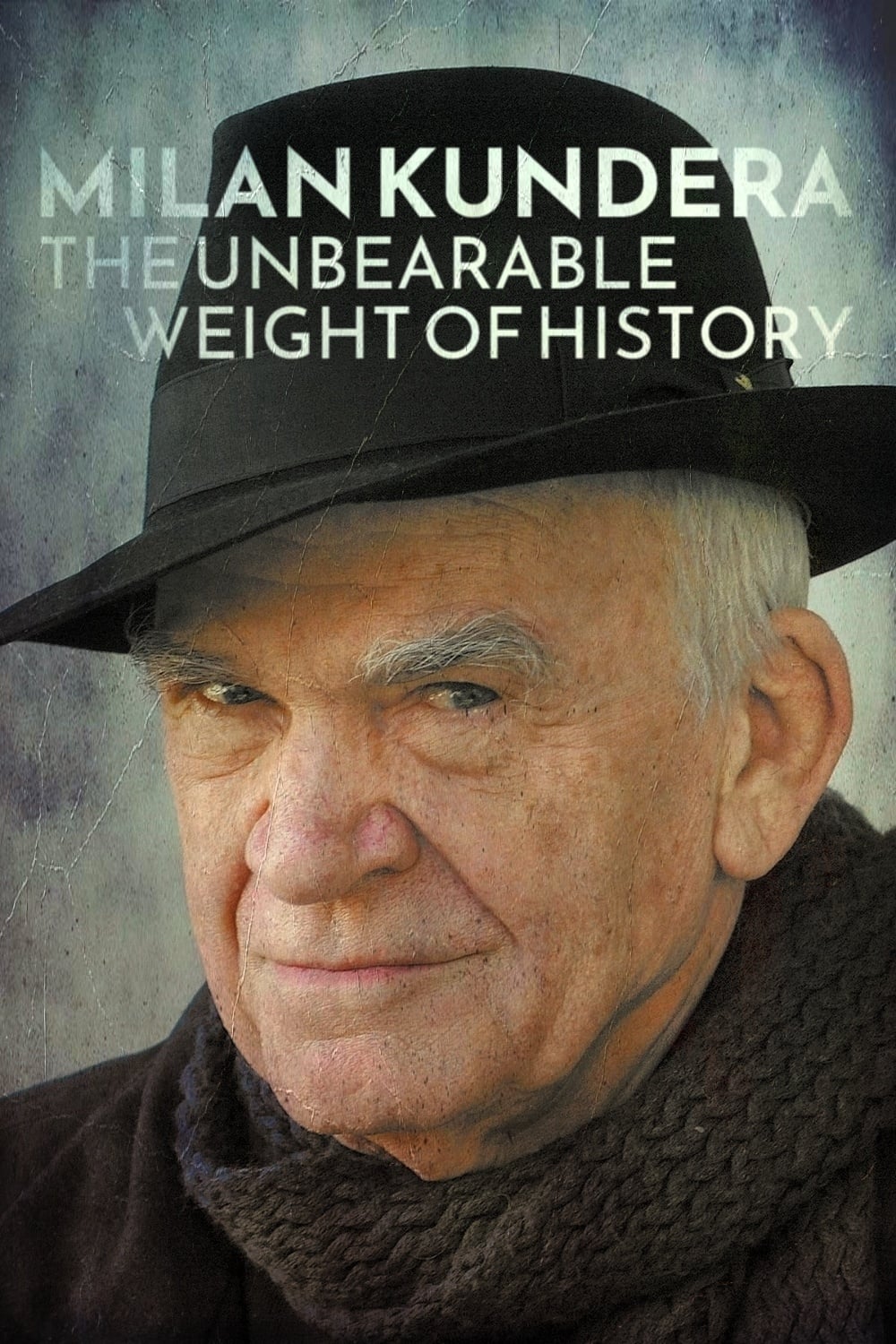
The unique and enigmatic journey of the writer Milan Kundera: from communist Czechoslovakia to exile in Paris, from his quest for glory to his withdrawal from the media scene.
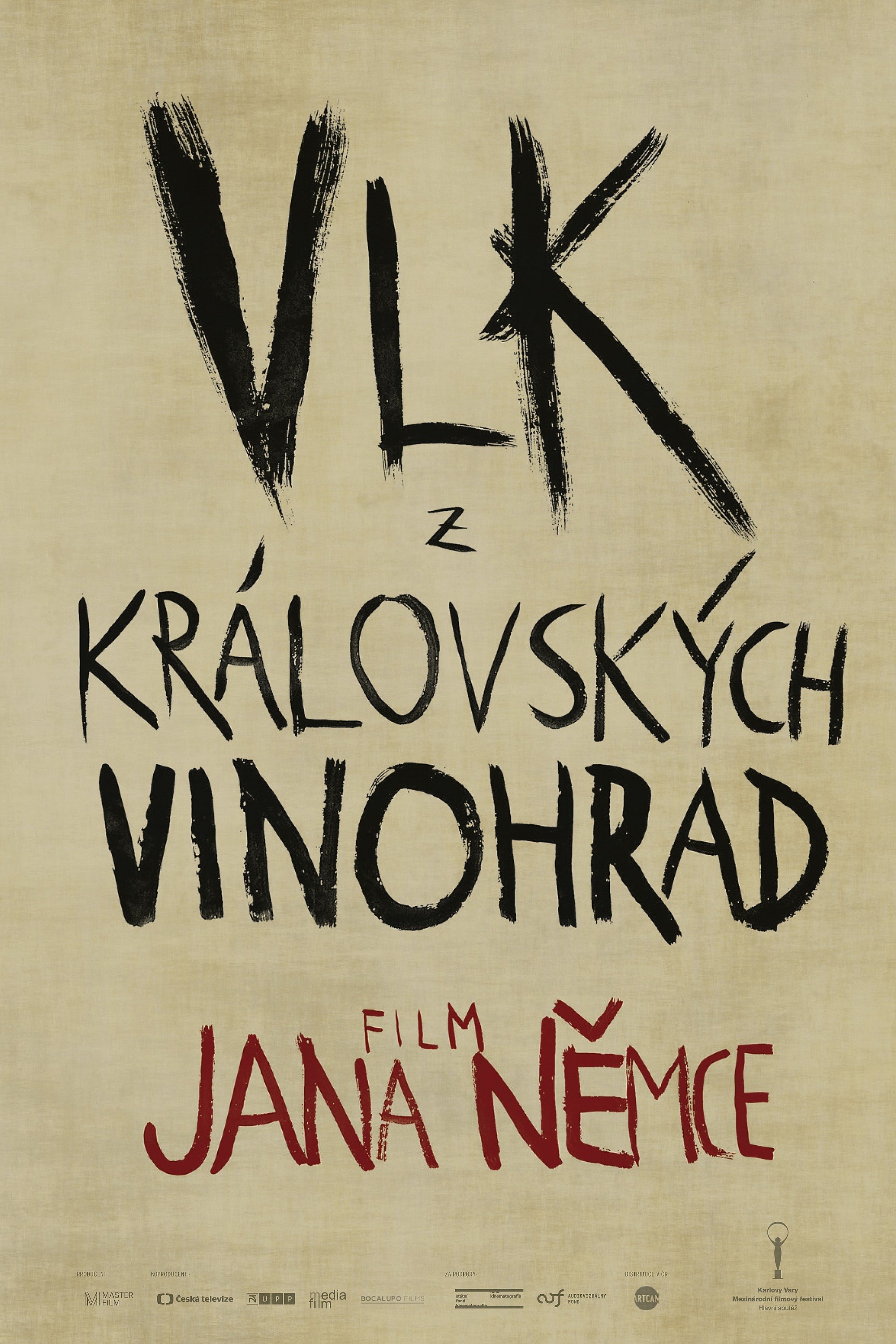
The film tells the life story of its director, Jan Nemec, one of the most known and important filmmakers of Czech New Wave.
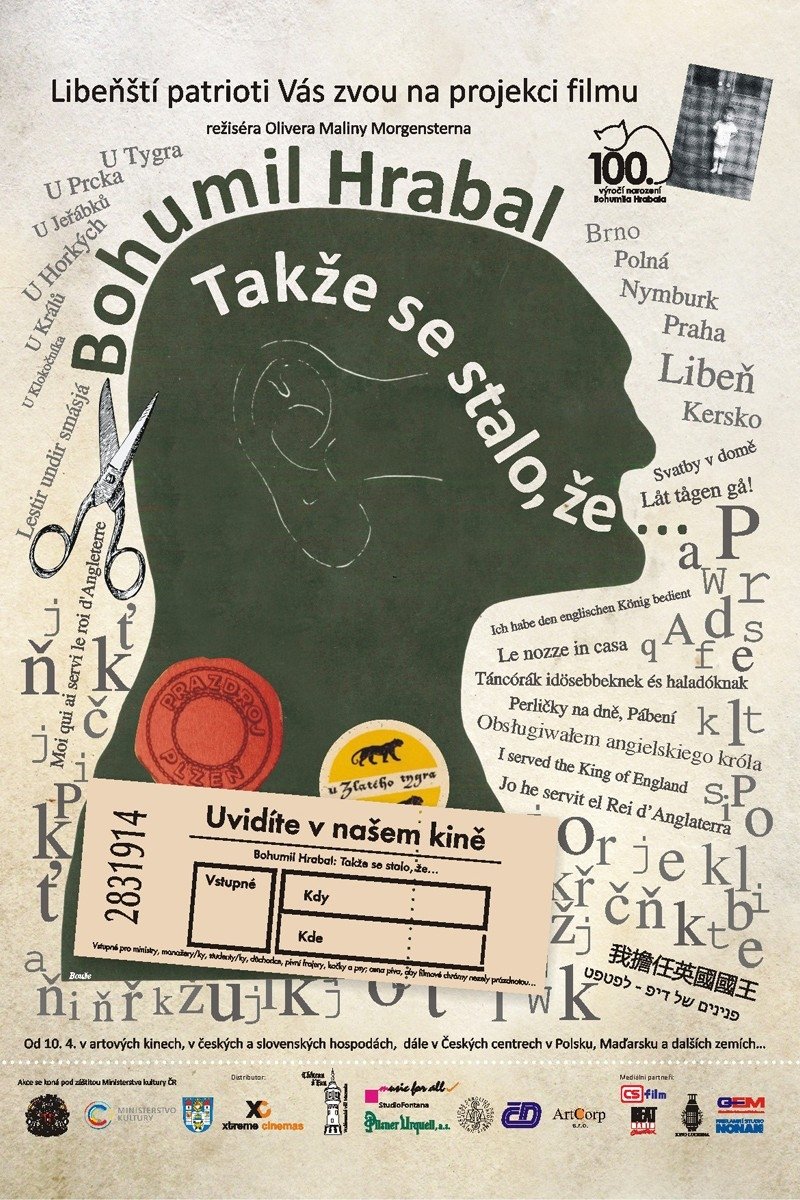
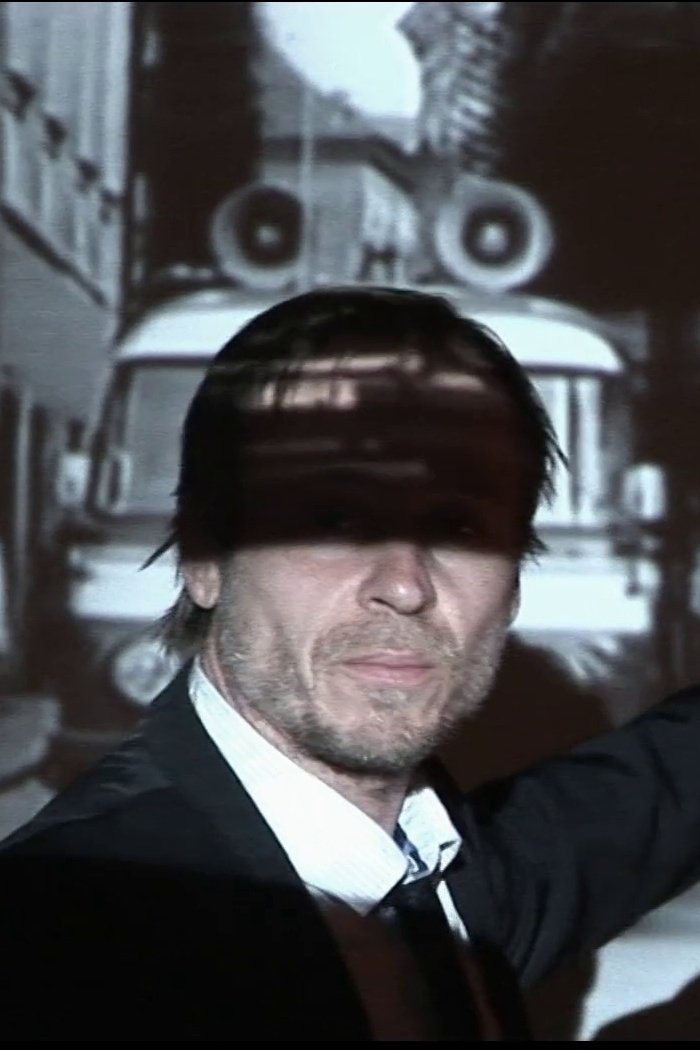
It's nighttime in Prague, 21 August 1968. Soviet troops and tanks are occupying the city - random attacks, soldiers shooting, bodies lying dead on the sidewalk. With an impromptu crew, the director (Karel Roden) captures some unique evidence - material which is, however, worthless in occupied Prague; it has to be shown to the rest of the world. So, while the Soviets are concocting false reports of heartfelt receptions without military resistance for propaganda purposes, the director sets off on a risky trip across the closed Czech-Austrian border to Vienna.
Story of a man who, at the end of the 1940s, attempted to cross the Czechoslovak border illegally like many others to escape the communist regime and became a victim of the historically documented game of the security forces of the totalitarian regime, the so-called Kameny action. The project of the Miroslav Ondříček Film Academy in Písek is the debut of screenwriter and director Martin Kopp.
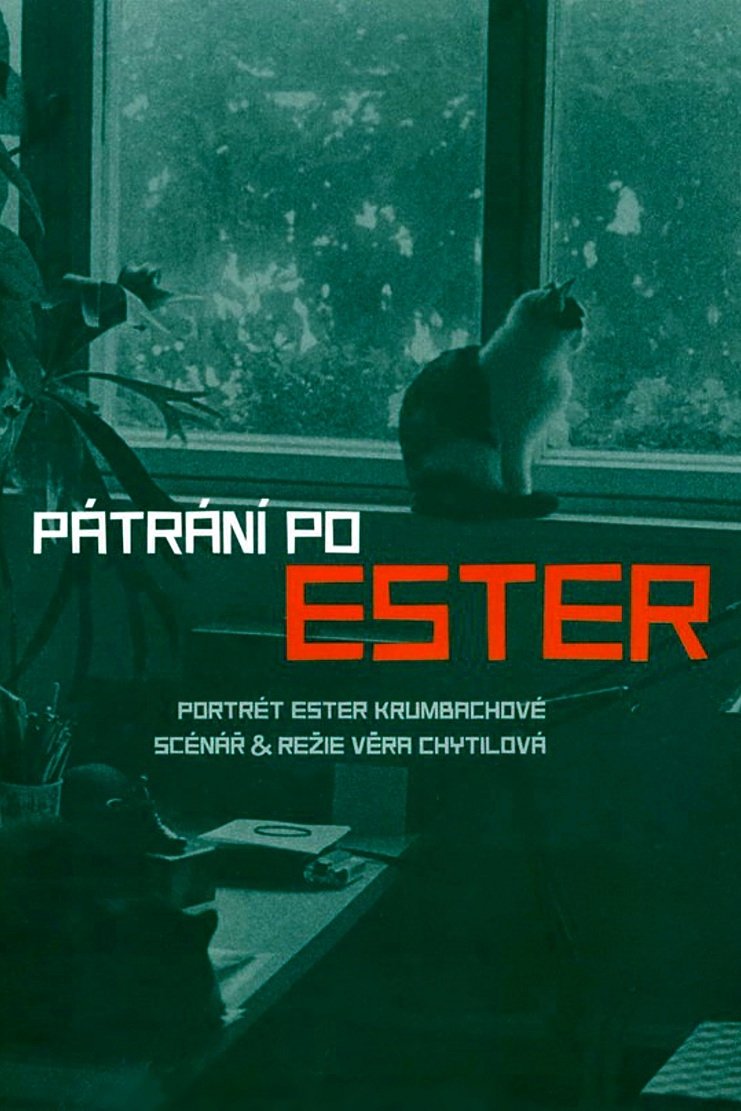
Ester Krumbachová - a costume designer, screenwriter, director; one of the boldest personalities of the Czech New Wave. She worked in theatre, she was a writer and an illustrator. She co-created films such as O slavnosti a hostech (1966), Sedmikrásky (1966), Vsichni dobrí rodáci (1969), Pension pro svobodné pány (1968), Valerie a týden divu (1970), Slamený klobouk (1972) and many others. In the 1960s, she was a 'pivot' of the art scene in Prague, attracting artists who were on the threshold of their career, just setting out to find their own form of self-realization. Those who underwent her tutelage remember her forever. Director Vera Chytilová talks to those who knew Ester Krumbachová, who worked with her, befriended her, loved her. She sets off on a search that is to end by answering the question: Who was Ester?
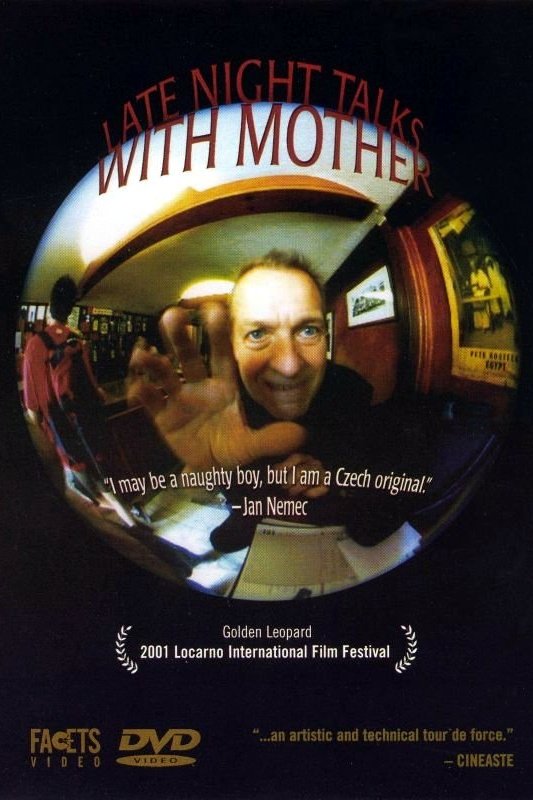
Taking a cue from Franz Kafka's "Letter to My Father," this highly personal film follows Czech director Jan Nemec as he attempts to engage in a dialogue with his deceased mother. While alive, Nemec's mother had a troubled relationship with her son; this rumination seems to be Nemec's public platform for coming to terms with unresolved familial issues. The director embellishes his film by linking personal events with 20th century history.
A labyrinthine portrait of Czech culture on the brink of a new millennium. Egon Bondy prophesies a capitalist inferno, Jim Čert admits to collaborating with the secret police, Jaroslav Foglar can’t find a bottle-opener, and Ivan Diviš makes observations about his own funeral. This is the Czech Republic in the late 90s, as detailed in Karel Vachek’s documentary.
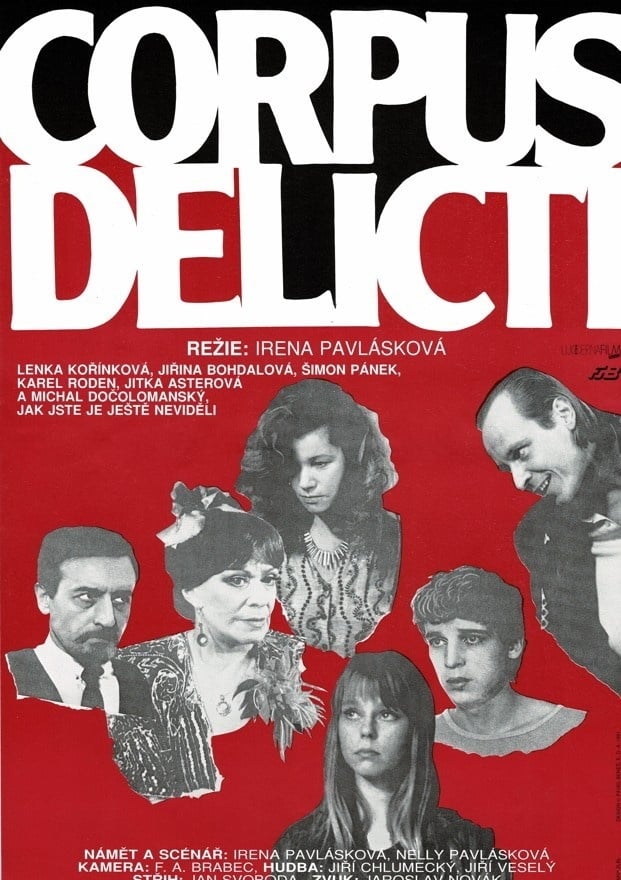
The subject of this film, which takes an analytical look at the life of all of us with an analytical eye, is the evil microbe that has slowly infiltrated the organism of the Czech nation. Through the intertwining fates of three couples, it evokes domestic life before November 1989, burdened by a suffocating atmosphere of unfreedom, and after November, when relatively nothing has changed because people have not changed. The bleak conclusion suggests that the plague epidemic is still ongoing.
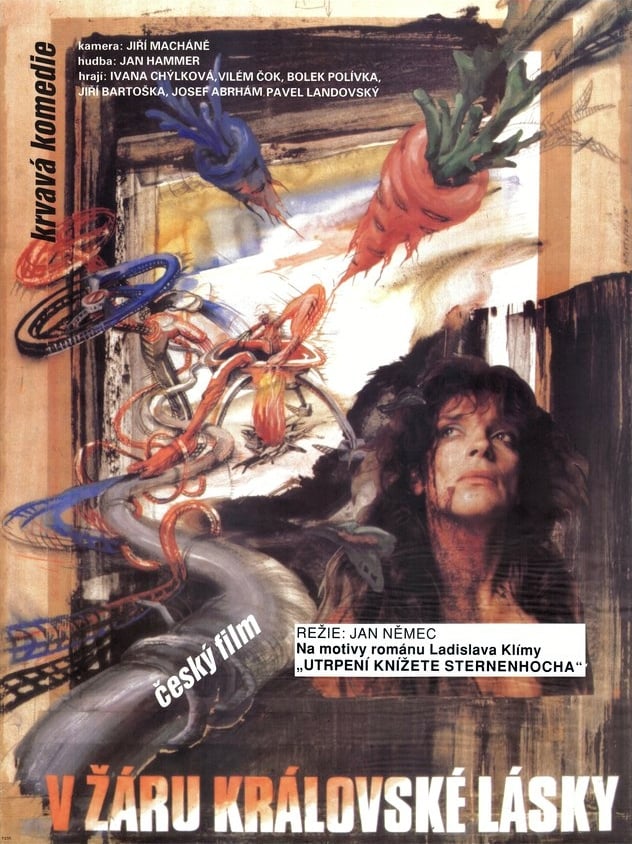
In 1992, Prague is the capital of a small kingdom. The prince is supposed to choose his bride to be at a royal ball. But to everybody's surprise, he chooses an ugly cleaning-woman. She is shy and silent, but after the marriage she turns into a wild and rumbustious woman with an obstinate and stubborn mind. They both try to kill each other, but the queen is thrown into the dungeons.
Jan Němec (12 July 1936 – 18 March 2016) was a Czech filmmaker whose most important work dates from the 1960s. Film historian Peter Hames has described him as the "enfant terrible of the Czech New Wave."
By browsing this website, you accept our cookies policy.